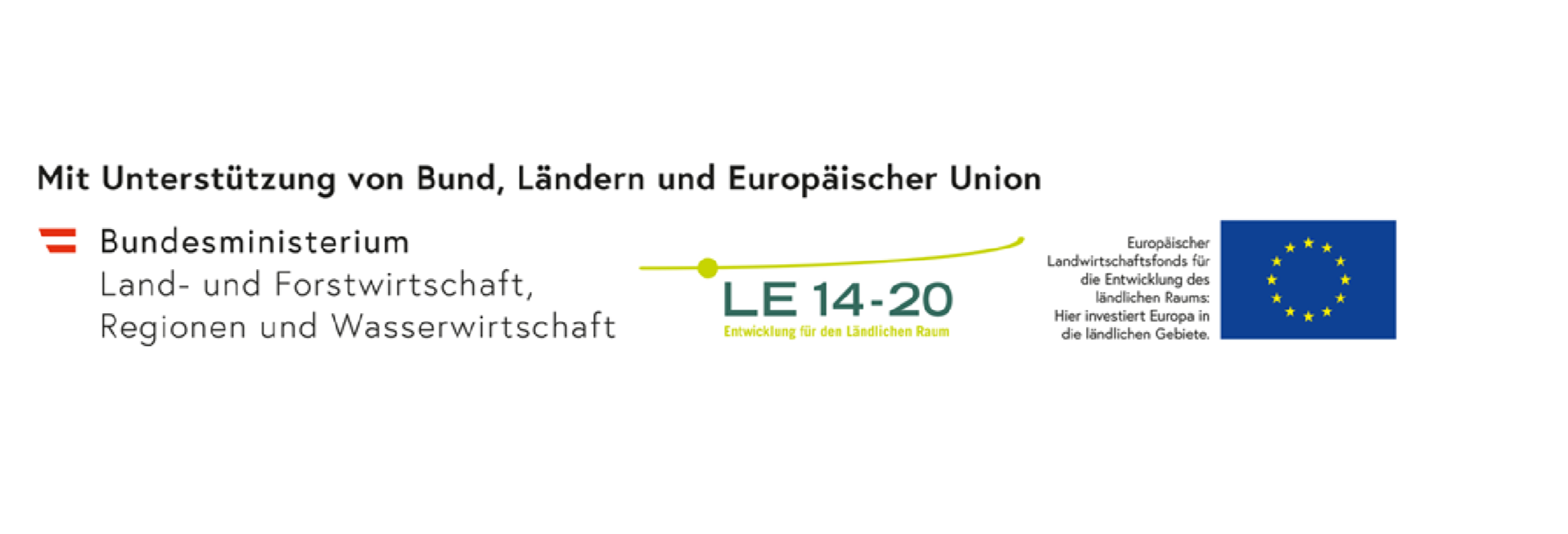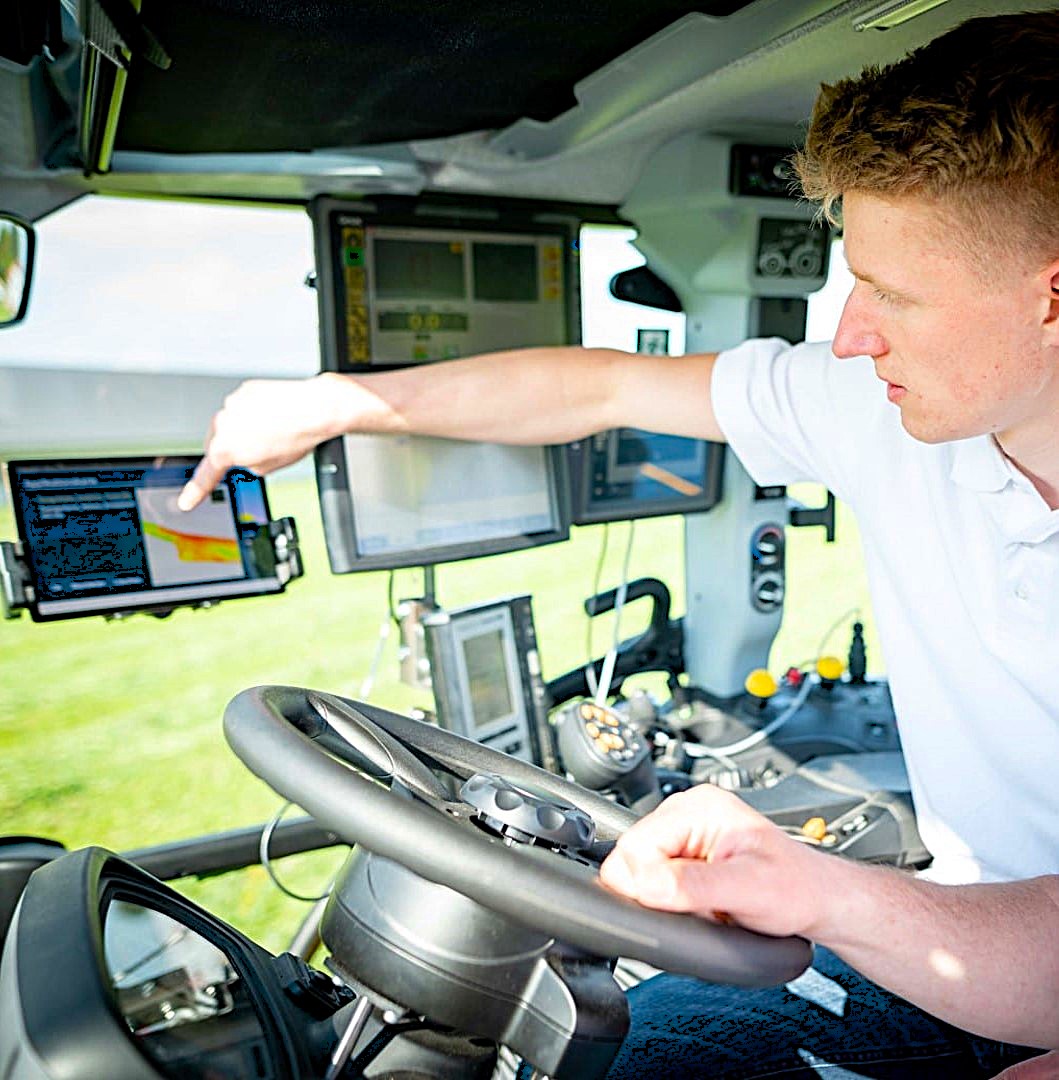New technologies for sustainable agriculture
The use of digital technologies can offer significant advantages for agriculture, for example through more efficient use of resources, saving working hours and protecting natural resources. However, in order to make this progress accessible to agricultural businesses, scientifically based evaluation principles and practical tests are necessary. The evaluation concept developed provided exactly these key figures and thus supported companies in the introduction and evaluation of new technologies. The technologies tested included:
- Automated dock control in grassland: A special system specifically detects docks and reduces herbicide use by 92% compared to conventional methods.
- In-Row Sugar Beet Hoeing Device: This device helps reduce weed pressure within plant rows without the use of herbicides.
- Driver assistance systems for tractors: An assistance system for optimizing machine settings reduces fuel consumption by up to 9% and thus CO₂ emissions.
Building a comprehensive KPI system
A central goal was to develop a KPI tool (Key Performance Indicator) that enables companies to measure the success and sustainability of digital technologies. In workshops with agricultural specialists and experts, criteria for evaluation in the dimensions of environment, economy and agronomy were defined. The result is a user-friendly web interface that enables the exchange and calculation of key performance indicators ( http://www.kpi-farmlife.at ).
Future perspective
The evaluation concept offers agricultural businesses a tool that provides practical assistance in selecting and implementing technologies. The next step will be to expand the approaches and tools developed to other use cases and businesses and thus continuously promote the added value of digitalization for sustainable agriculture.
Further information about the project can be found here.
Left:
Cluster Digitalization in Agriculture 2023/2024









